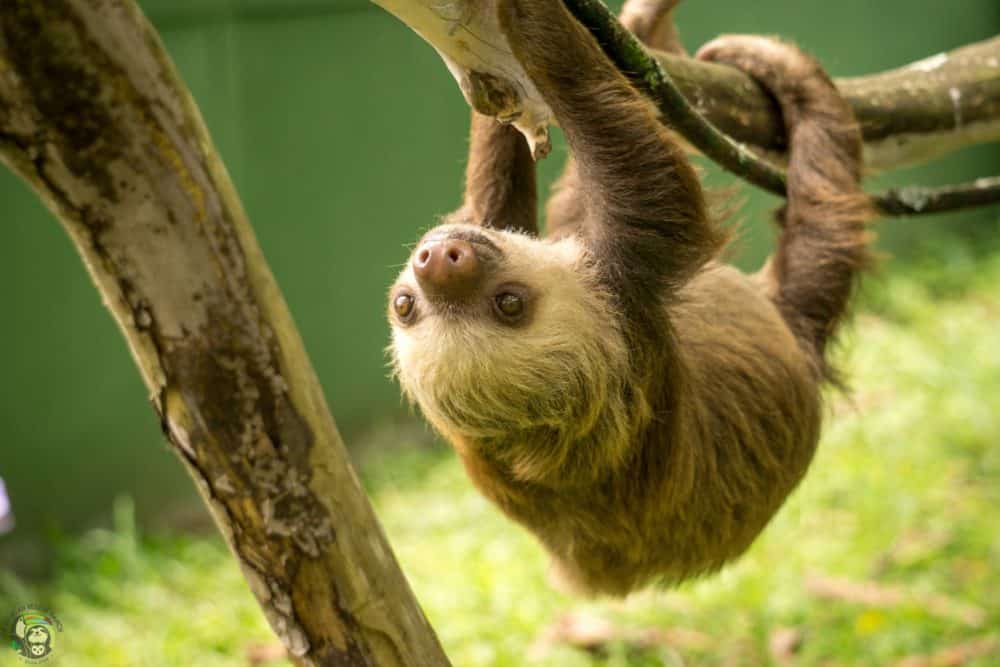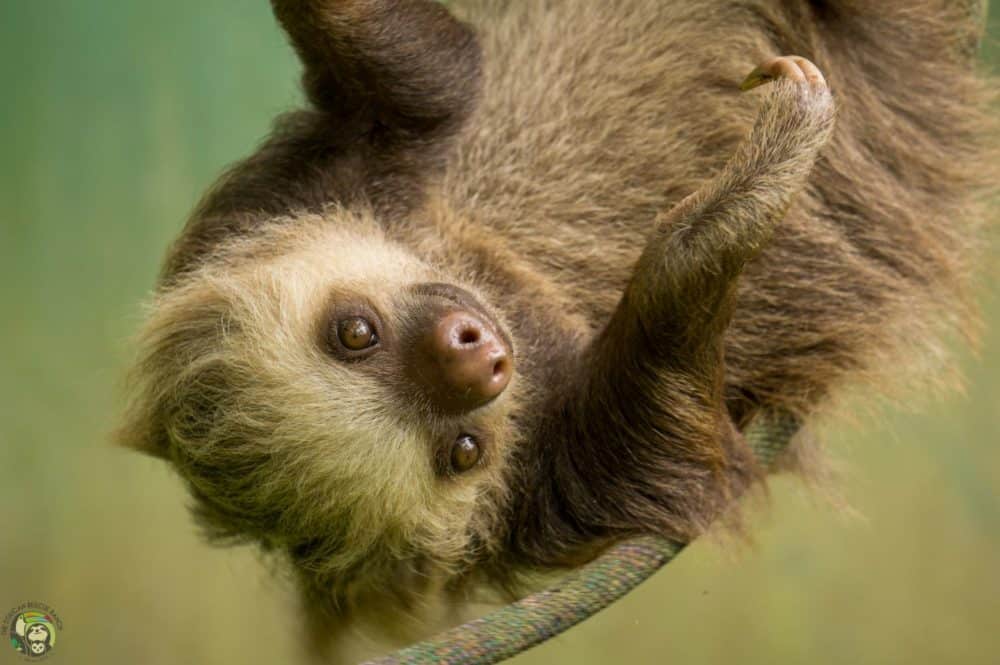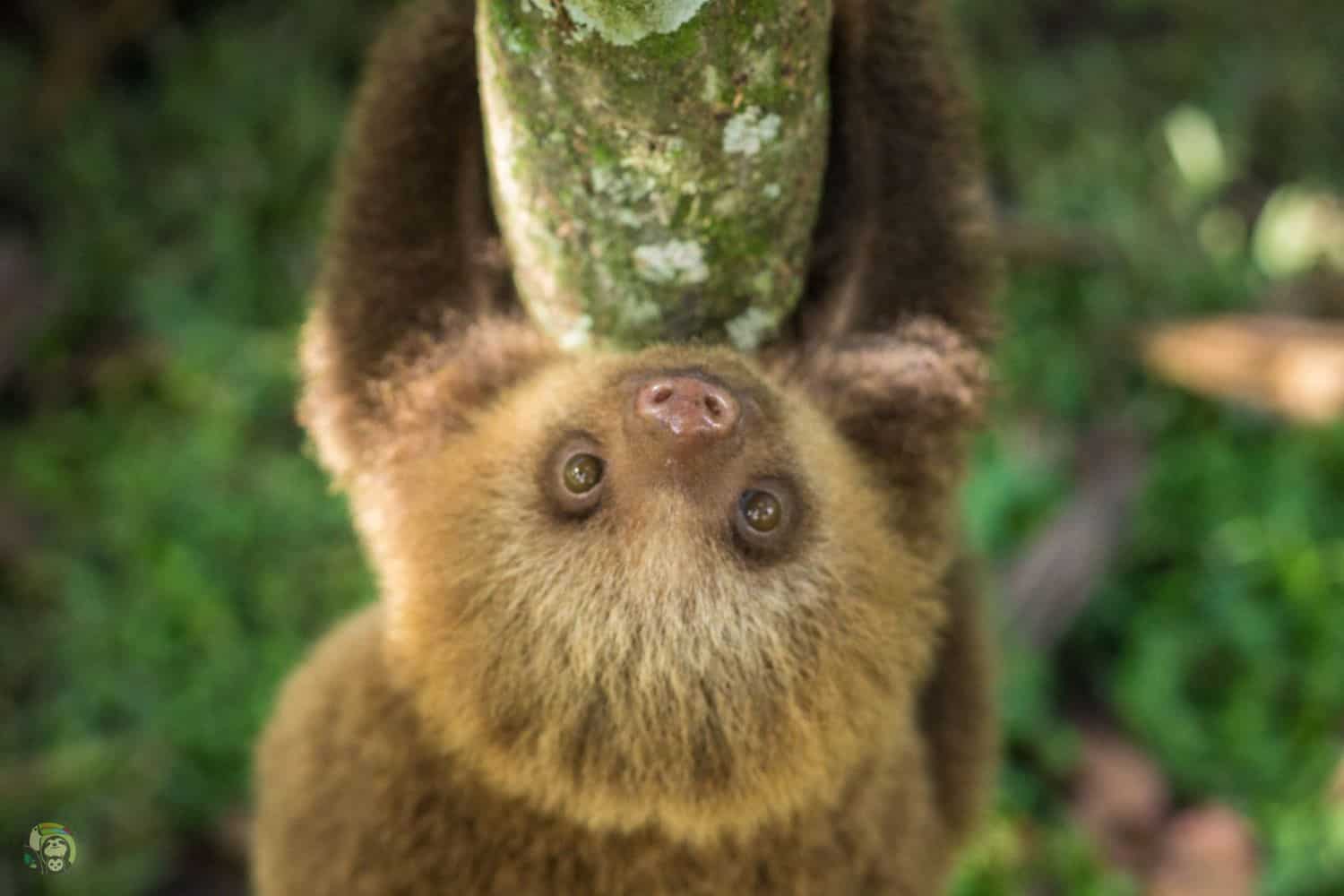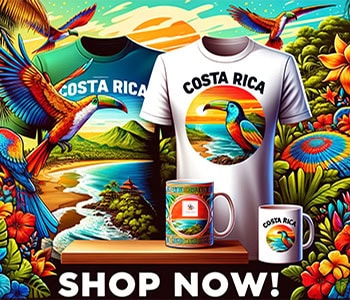Article by Andrés Sáenz Bräutigam of The Toucan Rescue Ranch.
Sloths are some of the most interesting animals to have ever graced the earth, and yet they remain quite the unknowable little critters.
The group that contains sloths, Xenarthrans, began evolving 65 million years ago, during the age of the dinosaurs. Ever since then, these curious fuzzy creatures have diversified and become some of the most interesting and odd-looking groups of animals to ever exist.
But one of the most common questions in regards to these animals is, what is their purpose? It seems that in nature, most living things have a purpose, to feed on something or to be food for something else. In the grand scheme of things, we humans seek to find connections for animals and plants and to understand how they fit in life’s puzzle.

One of the few species that continuously evades this classification will of course be the noble sloth. This concept of giving purpose to living creatures is of course a purely human need. Nature doesn’t care if something has or doesn’t have a well-defined and easy-to-pinpoint purpose. In nature, things are either at work or not. If they work, an animal, a plant, fungus, or any other living creature will continue to exist; if they don’t, they will go extinct.
When sloths evolved, they were by far one of the most successful, and diverse groups of mammals — being able to colonize entire continents, living in trees, land, underground, and even in oceans.
This group of animals was all over the place from the lush plains of North America to the thick jungles of Central America, the unexplored environments of the islands of the Caribbean, to South America.
It is often said that there was a sloth for everything. A lot of the purpose that we humans can find sloths is usually found on sloths that don’t exist anymore. It has been known that in the Americas be few biological anachronisms. This concept refers to when a species simply shouldn’t exist anymore due to all of its biological relationships and its environment being extinct.
Some of the most interesting biological anachronisms that we see in our day-to-day lives may be, for example, avocados. If you’ve ever wondered how a fruit with such a big pit can be carried away by either wind, wave, or animals to arrive in a new destination and flourish, then I’ll be happy to tell you that the answer is sloths!
While we’re not quite sure of the species, we know for certain that avocado pits have been found on the gut content and feces of giant ground sloths. It seems that this fruit was quite the treat for this gigantic species, and it was them who ate the fruit and carried the pit. Once it was time to use the toilet, it carried the seed to a new destination where they may flourish without competing with its parent.
Another example of how sloths have aided us is with a very charismatic and beautiful plant now only found in the southern portion of the United States. It has been known to science that the main pollinizer and carrier for Joshua trees is another species of giant ground sloth.
Shasta ground sloths of the genus Nothrotheriops up have commonly been found with Joshua tree seeds in their gut content and on their feces and as such it is widely believed that the crisis that Joshua trees are facing today, where they simply can not keep up with the environment where they are, is because their main carrier and pollinizers, the Sloth, is not able to carry on with those tasks and to aid this plant in keeping up with it environment moving to fresher climates.
Sloths have also aided in the evolution of several different species of mammals that we now see commonly today. In the distant past, animals like Thalassocnus were varied and plentiful. They provided a big chunk of food for the gigantic whales and sharks of the Miocene, being the basis of an entire ecosystem. Without them, the ecosystem started to suffer.
There is truly plenty to be thankful for when it comes to the sloth. Even the sloths that exist today are interesting because of how important they are in the health of the rainforest.

Modern sloths of all species are classified as “grazers” in their stomach physiology, but as “browsers” in their diet. This means that current sloths specialize in eating leaves from trees but also in accumulating them inside of their stomachs going through lengthy fermentation processes before being able to finally digest them. As a result, sloths consume much fewer leaves than an animal of similar size and similar diet.
By doing this, they aid the tree by consuming fewer leaves from it but also provide for it by going to the toilet on the same tree that they have eaten from. The rainforest is an interesting ecosystem where things can happen quite quickly.
Most of the minerals and nutrients that can be found in this type of system are intricately tied up in other biological materials. Minerals and nutrients may be found inside of living trees or inside of living animals. Once those perish they are very quickly absorbed into the system.
Sources like feces are generally quite quickly processed, meaning that for a lot of species of plants there isn’t an actual reliable source of nutrients. That’s where sloths come in. Sloth feces degrade slowly and in doing so, release a lot of those minerals and nutrients at a very fixed rate. That means that a tree that has a sloth that uses the bathroom around it will find itself having an advantageous source of minerals and nutrients.
Additionally, sloth urine is quite rich in uric acid, and this is an acid that contains nitrogen which when expelled on a tree releases nitrogen directly into the root system where it can be captured and used by the tree to grow.
Sloths are sort of like the gardeners of the rainforest, eating and keeping alive plenty of the tree species that can be found in it and allowing them to thrive. So be thankful for sloths, because they keep around one of the greatest ecosystems — one of those ecosystems that captures carbon and helps us out by keeping global warming at bay!
Another more recent way in which sloths can help us out is of course by simply existing! As you may already know, the current species of sloths that we have around are quite adorable (though no species of sloth is more adorable than the Costa Rican Hoffman’s two-fingered sloth).
It has been widely known that looking at cute animals releases elements like oxytocin and dopamine into our bloodstream. These feel-good chemicals can allow us to become happy, so seeing an adorable sloth can truly benefit your quality of life.
But while it is important to appreciate all the good things that sloths may bring to us, it’s also important to consider how we can protect them. In the past two decades, sloths have encountered a lot of trouble.
Climate change, habitat fragmentation, electrocution, and even dog attacks have become quite commonplace to these adorable creatures and so it is really important to help out places that go the extra mile to protect sloths.
Initiatives like the Sloth Ironman Games, hosted by the Toucan Rescue Ranch, provide us with the opportunity to see these beautiful creatures perform some of the most delightful behaviors while also only doing what’s natural to them. So join us at the Sloth Ironman Games and watch sloths train for rewilding and exemplify what makes them truly amazing animals!
Tune on this International Sloth Day, October 20 at 1 p.m., for the Sloth Athlete Reveal to kick off the Sloth Ironman Games fundraiser!
Happy International Sloth Day!
This article was written by Andrés Sáenz Bräutigam. He is a veterinary medicine and geology student. He has worked for the Toucan Rescue Ranch since 2014 as an animal caretaker and tour guide, and he now works as a vet intern and tour guide.






